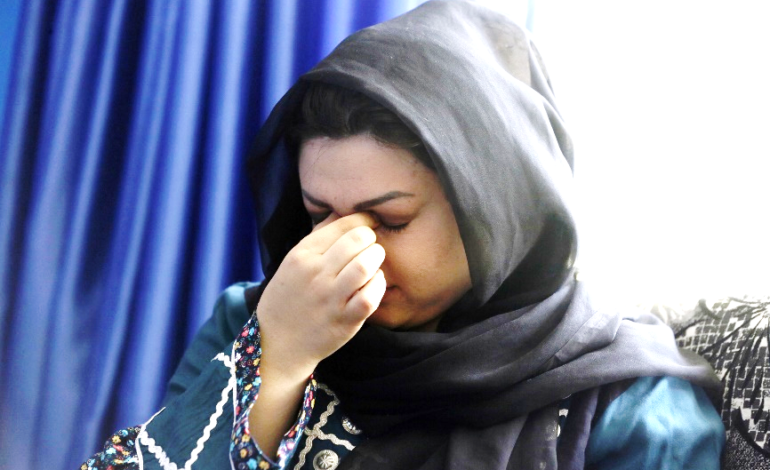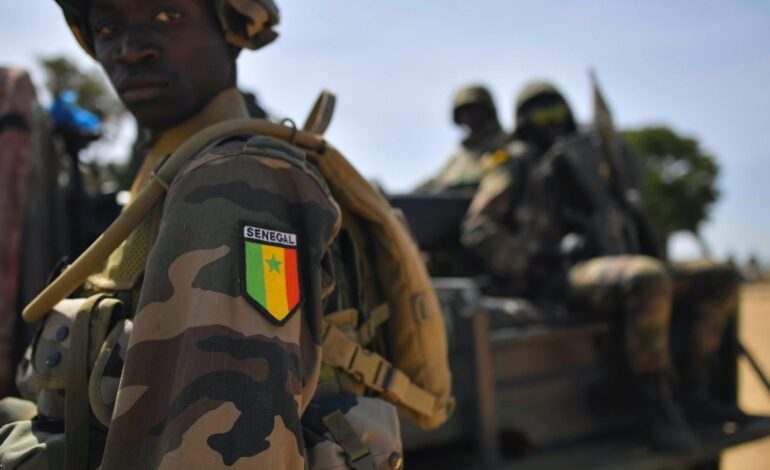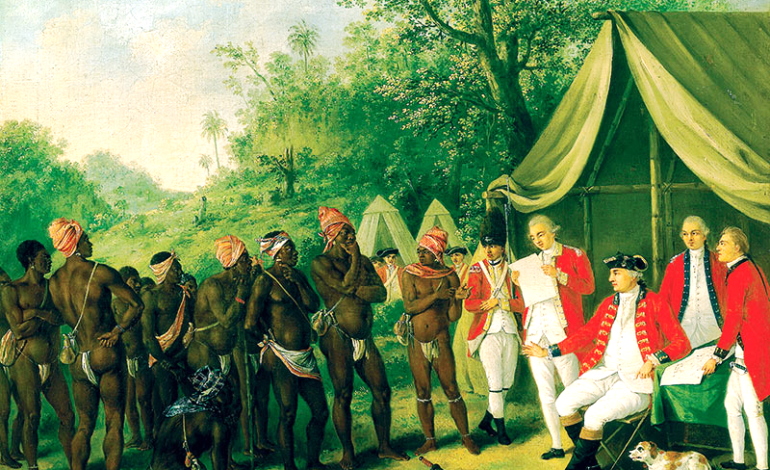
Avellon Williams
KABUL- As the Taliban took control of Afghanistan in August 2021, they promised a milder version of the harsh rule that marked their previous stint in power, during which women were deprived of most of their rights.
This time the movement has been careful not to issue rigid national decrees, but provincial authorities have introduced guidelines defining how women are to live their lives.
Following are some areas where the Taliban’s return has had an impact on women’s lives:
THE JOB MARKET
Taliban leaders claim women are allowed to work as long as they are kept separate from men.
As a practical matter, however, women are effectively barred from employment – especially in government – apart from in specialized sectors, such as health care and education.
Taliban intelligence operatives regularly visit commercial enterprises to ensure strict segregation is enforced, while many women in the private sector report being harassed on their way to and from their offices.
Several bosses have also terminated female employees for reasons of caution.
Some women-only cooperatives have, however, survived. One such facility is in the old western city of Herat, considered liberal by Afghan standards.
In a country that has made progress in diversifying all aspects of their employment – from the police to courts – since the Taliban returned, tens of thousands of Afghan women are jobless.

INSIGHT INTO EDUCATION
Despite Taliban claims that all girls should be educated, only the majority of secondary schools – among those aged 13-18 – have reopened since August.
As of now, officials have promised that education will be restored by the end of March, but an exodus of teachers and a ban on men leading classes for girls means that meeting the deadline may be difficult.
Although many private universities have resumed, they also face a teacher shortage. However, classes must be segregated by gender and men and women cannot mix between classes.
Two weeks ago, some government universities reopened under similar constraints, but most were only able to draw a trickle of women.
THE RIGHT TO PERSONAL FREEDOMS
During the Taliban’s first tenure, they made wearing burqas in public an absolute requirement, and their agents of the Ministry for the Promotion of Virtue and Prevention of Vice would lash women caught not wearing them.
Across Kabul last month, the Ministry put up posters “suggesting” that women at least wear the less restrictive hijab, along with pictures of women wearing the burqa.
Furthermore, women were forbidden to travel between cities and towns unless accompanied by a male relative, and taxi drivers were not allowed to pick up female passengers unless they wore head coverings.
It is difficult to find beauty parlors and fashion boutiques in the capital, which were booming before the Taliban returned.
Furthermore, shop mannequins have been beheaded in Herat, and public billboards that show human forms have been removed since they are deemed un-Islamic.

THE SPORT AND CULTURE INDUSTRIES
In the media, dramas and soap operas featuring women actors are prohibited, while female journalists must cover themselves with a hijab while in front of cameras.
Despite Taliban officials saying women do not need to play sport, the Taliban remain wary of formalizing that philosophy since funding for world sport, including football and cricket, depends on allowing both sexes to participate.
Many of the country’s best-known singers, musicians, artists and photographers have fled since the Taliban returned, while those who were not able to escape go into hiding or maintain very low profiles.
WOMEN ARE VICTIMS OF TALIBAN VIOLENCE
Afghanistan is a country with a history of violence against women. Women have been the target of attacks, kidnappings, and oppression. In recent years, however, there has been an increase in violence against women by the Taliban – who have returned to Afghanistan after the US military withdrawal.
Women are often targeted by the Taliban because they are seen as a threat to their power and control over society. The Afghan government has done little to protect these women from this violence and abuse. The Taliban’s return will only worsen their situation by increasing this violence and persecution of women in Afghanistan.





Recent Comments